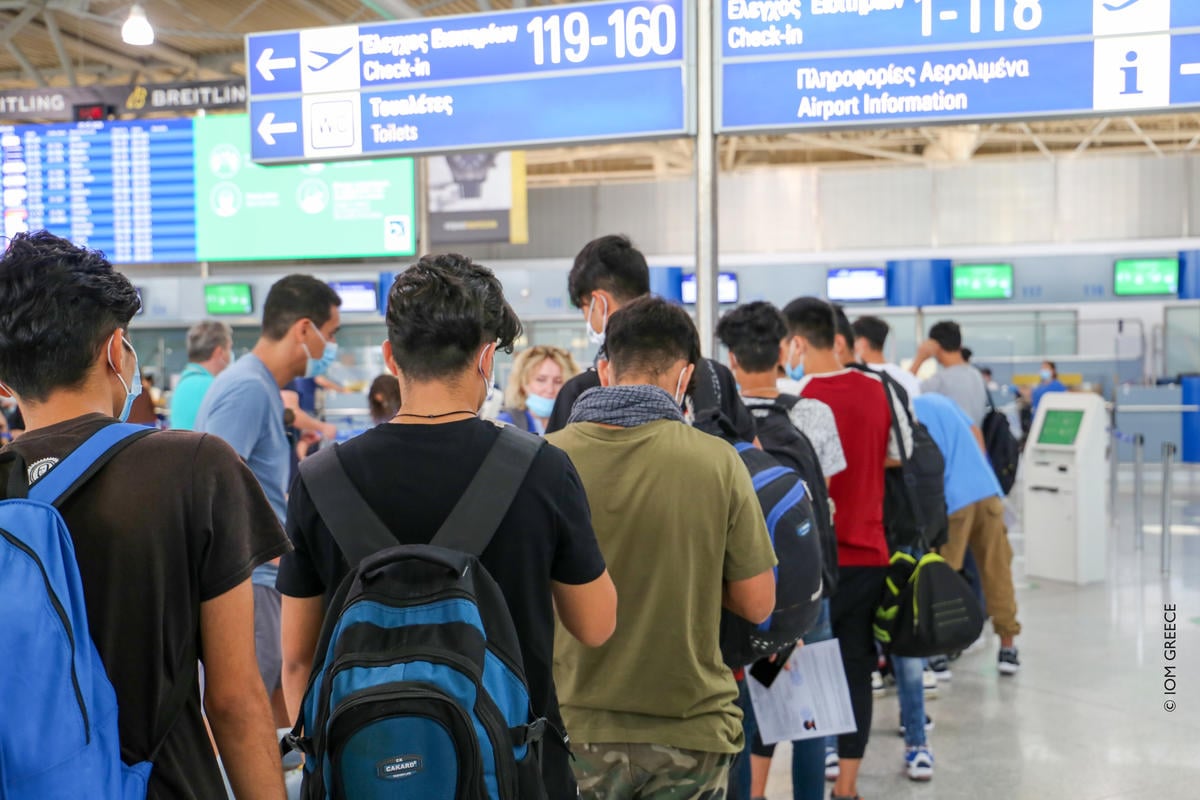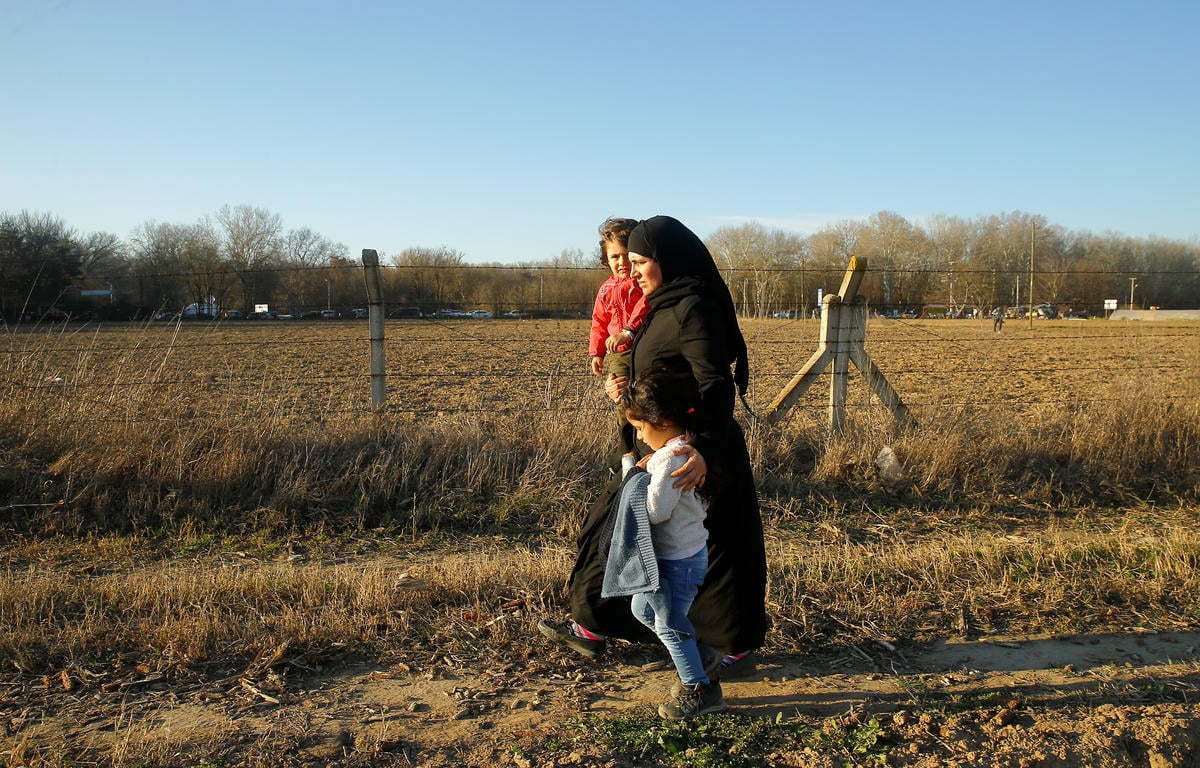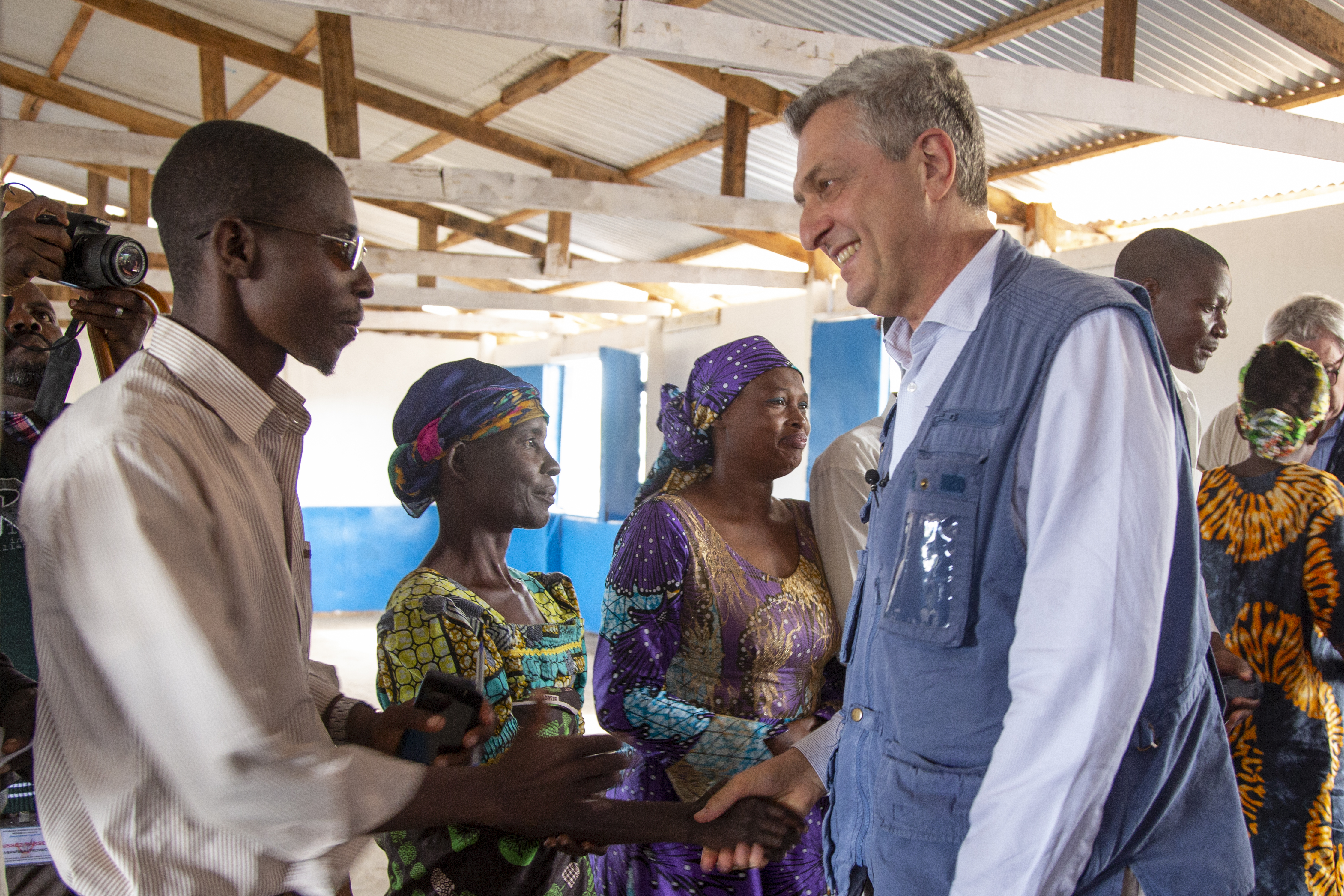UNHCR urges States to help avert Bay of Bengal boat crisis in coming weeks
UNHCR urges States to help avert Bay of Bengal boat crisis in coming weeks
UNHCR is calling for urgent action before the end of the monsoon season unleashes a new wave of people leaving on boats from the Bay of Bengal.
A new UNHCR report estimates that in the first six months of this year, some 31,000 Rohingya and Bangladeshis departed from the Bay of Bengal on smugglers' boats. This marks a 34-percent increase over the same period last year, and brings to 94,000 the estimated number of people who have risked their lives making the dangerous journey since 2014. Over 1,100 people are estimated to have died in these waters since 2014, including 370 in 2015.
The UNHCR report traces the events of May 2015 - when such maritime movements and government responses were thrust into the spotlight following the discovery of mass graves of people who died from abuse or deprivation in smugglers' camps along the Thailand-Malaysia border. Last weekend's discovery of 24 more bodies in north-western Malaysia is a reminder about the ruthlessness of the smugglers.
In a feature story accompanying the new report, survivors interviewed by UNHCR detail their long and difficult journeys and claim to have often been towed or guided by authorities from one territorial water to another. At least 5,000 people were abandoned by smugglers at sea in May and eventually disembarked in Bangladesh, Indonesia, Malaysia, Myanmar and Thailand. Another 1,000 people remain unaccounted for but may have disembarked without the knowledge of the authorities. At least 70 people are estimated to have died on the boats that were abandoned in May.
The boat movements have temporarily stopped due to the monsoon rains, which have caused severe flooding in many areas across Myanmar. However, the maritime departures are expected to resume once the weather improves in the coming weeks.
UNHCR is urging governments to avert another crisis at sea by acting now on proposals made to affected States in the context of the Bangkok Special Meeting in May.
Of those disembarked in May, most of the Bangladeshi nationals have been assisted home with the support of their government. The Rohingya, who cannot return to Myanmar at the moment, remain in the countries in which they were disembarked. UNHCR continues to advocate that the protection needs of this population are met and that they are given access to basic services while the root causes of their displacement are addressed.
UNHCR's appeal for $13 million to respond and seek solutions to the recent maritime crisis is only 20 per cent funded, with contributions from the governments of Australia, Bangladesh, Japan, Korea and Norway, as well as a private contribution from the United Arab Emirates. More funds are needed in the coming months to enhance protection interventions for the Rohingya population in host countries, and to meet the humanitarian, human rights and development needs in source countries.
With the next "sailing season" expected to start in the coming weeks, UNHCR is working with agencies and other partners on an information campaign warning potential travellers of the risks of getting on smugglers' boats.
At the regional level, more must be done to put systems in place to respond to the need for rescue at sea and for safe and predictable disembarkation. UNHCR looks forward to the establishment of a task force recommended at the Bangkok Special Meeting and reiterated at the Emergency ASEAN Ministerial Meeting on Transnational Crime in July. UNHCR is also participating in global discussions on migration and human mobility next month, including mixed movements involving migrants, asylum-seekers and refugees.
For more information on this topic, please contact:
In Bangkok, Vivian Tan on mobile +66 818 270 280
In Geneva, Andreas Needham on mobile +41 79 217 3140








